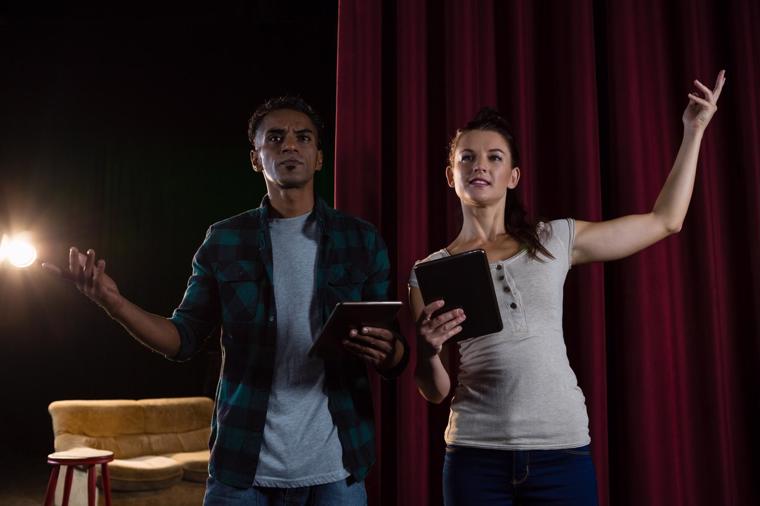What Not to Do Before an Audition
Let’s explore some common pitfalls and mistakes to avoid
(By Javier Guerra)
Auditions can be nerve-wracking experiences, and it’s crucial to make a positive impression on casting directors and other decision-makers in the entertainment industry. To maximize your chances of success, it’s equally important to know what not to do before an audition. Let’s explore some common pitfalls and mistakes to avoid in the lead-up to your audition.
- Don’t Arrive Late:
Punctuality is paramount. Arriving late not only disrupts the schedule but also gives the impression of unprofessionalism. Plan your journey to arrive with ample time to spare.
- Don’t Neglect Preparation:
Failing to adequately prepare your audition piece is a common mistake. Be thoroughly familiar with the script, your lines, and the character you’re portraying. Lack of preparation can undermine your confidence and performance.
- Avoid Overeating:
Avoid heavy, large, or overly rich meals right before an audition. These can make you feel sluggish and uncomfortable. Stick to lighter, well-balanced options.
- Don’t Overdo Caffeine:
While some caffeine can provide a boost in alertness, excessive consumption can lead to jitters and anxiety. Be mindful of your caffeine intake.
- Avoid Last-Minute Script Changes:
Making significant changes to your script or audition piece at the last moment can be disorienting and affect your performance negatively. Stick with the material you’ve practiced.
- Don’t Discuss Nervousness:
Nervousness is common, but discussing it excessively with fellow actors or audition staff can create an atmosphere of tension. Focus on projecting confidence and professionalism.
- Avoid Inappropriate Attire:
Dress appropriately for the character and project, but avoid clothing that’s too revealing, provocative, or otherwise inappropriate. Choose outfits that are comfortable and allow you to move freely.
- Don’t Overdo Perfume or Cologne:
Strong scents can be overwhelming and distracting. Use fragrance sparingly or consider skipping it altogether.
- Avoid Negative Self-Talk:
Negative self-talk can erode your confidence. Replace self-doubt with positive affirmations and focus on your strengths and abilities.
- Don’t Bring Uninvited Guests:
Audition spaces are typically private, professional environments. Avoid bringing friends, family, or anyone who is not directly involved in the audition process unless specifically invited.
- Avoid Monopolizing Time:
Respect the audition schedule. Don’t engage in lengthy conversations with casting directors or staff that exceed the allotted time. Keep interactions professional and concise.
- Don’t Assume Familiarity:
Avoid addressing casting directors or audition staff by their first names unless you’ve been explicitly given permission to do so. Maintain a respectful and professional tone.
- Don’t Fiddle with Props or Costume:
If your audition involves props or costume pieces, avoid fiddling with them unnecessarily. This can be distracting and disrupt the flow of your performance.
- Don’t Skip the Audition Materials:
Ensure you have all the required audition materials, such as headshots, resumes, or other documents. Forgetting these can create an unprofessional image.
Auditions are critical opportunities in an actor’s career, and making a positive impression is essential. By avoiding common mistakes such as arriving late, neglecting preparation, or dressing inappropriately, you can maintain professionalism and increase your chances of success in the audition room. Stay focused and remember that confidence, preparation, and respectful conduct go a long way in leaving a lasting, positive impression on casting directors and decision-makers.




